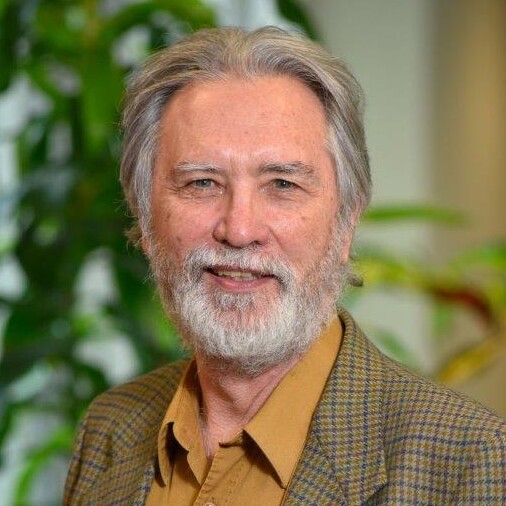Flowing from the Enlightenment humanism recognizes human agency in the development of knowledge about reality. Such knowledge is separate from that which is said to be divinely given and takes into account subjectivities. In this article I argue that the methods of science and reason that makes such a naturalistic understanding possible are compatible with traditional aboriginal worldviews: The Medicine Wheel Revisited: Reflections on Indigenization in Counseling and Education (sagepub.com)
Author
-

Lloyd Hawkeye Robertson is an Adjunct Professor of Psychology at the University of Regina. His main professional interest has been on the evolution and structure of the self. He has also published on the psychological impacts of Indian residential schools, the use of a community development process to combat youth suicide, the construction of the (North American) aboriginal self, the concept of free will in psychotherapy, and male stigma as it affects men’s identity. He is currently President of the New Enlightenment Project: A Canadian Humanist Initiative.

Enlightenment humanism seeks universal values common to the human condition. For example, in humanism the dignity of the person is valued regardless of the race, creed, sex, sexual orientation, ethnicity or geographic location of that person. Similarly, empirical scientific truth will apply to all individuals, irrespective of divinely given alternate “realities” that are subjectively held. In this article I argue that the methods of science and reason that makes such a naturalistic understanding possible are compatible with traditional aboriginal worldviews, but that each culture must ground the Enlightenment to its traditions for that culture to participate equally in the scientific revolution. I call this process of adapting new technologies to local cultures “indigenization.” I recommend a secular approach to indigenization relating modern conceptual thought to traditional cultures in a way that is consistent with traditional constructs. In this article, I use the ancient medicine wheels found on the Great Plains of North America to illustrate how this could be done.
This article is peer reviewed and was first published by SAGE Open as “open access.” It may be referenced: Robertson, LH. (2021) The Medicine Wheel Revisited: reflections on indigenization in counselling and education, Sage Open, 11(2) 1-11 DOI: 10.1177/21582440211015202